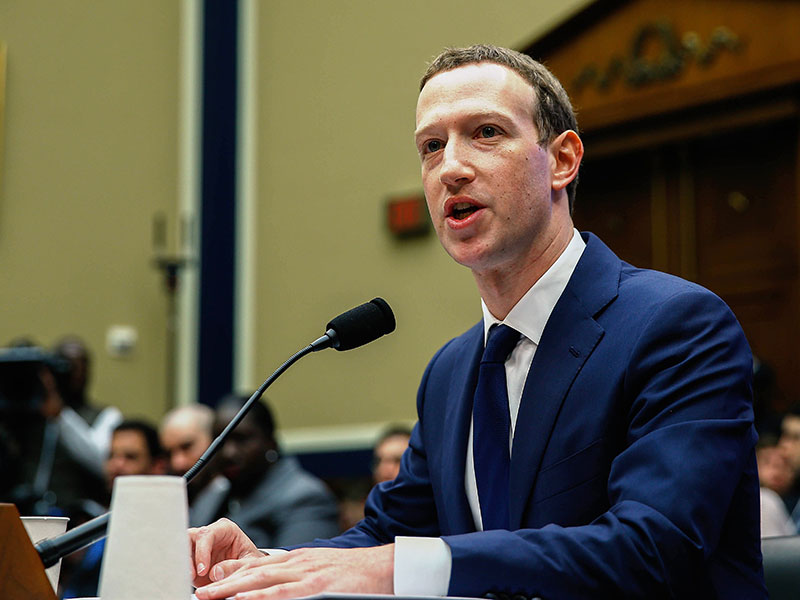Top 5 talking points from Mark Zuckerberg’s Congress grilling
Across two tense five-hour sessions in front of the US Congress, Mark Zuckerberg was questioned on Facebook’s business model, user privacy and liberal bias

Facebook CEO Mark Zuckerberg had to answer questions relating to his company’s business model, the methods used by developer Aleksandr Kogan to harvest personal information and whether users ultimately own the data they share with the site
The Cambridge Analytica scandal, which involved the collection of data relating to 87 million people and may have influenced both the 2016 Brexit vote and US presidential election, has rocked Facebook to its core and caused its share price to plummet.
During two five-hour sessions in front of the US Congress, Facebook CEO Mark Zuckerberg had to answer questions relating to his company’s business model, the methods used by developer Aleksandr Kogan to harvest personal information and whether users ultimately own the data they share with the site. Here are some of the main talking points:
A business model under scrutiny
It didn’t matter how many times Mark Zuckerberg told Congress that Facebook doesn’t sell user data to advertisers, the assembled legislators didn’t seem convinced.
In fact, Congresswoman Anna Eshoo asked the CEO if he was willing to “change [his] business model in the interest of protecting individual privacy”. In response, Zuckerberg reiterated his belief that the company’s ad-based model is the only way to keep the service free for its users.
Political bias
Although Zuckerberg was primarily called to Capitol Hill to respond to the fallout from the recent Cambridge Analytica revelations, senators did not pass up an opportunity to grill the Facebook CEO about their wider concerns relating to social media.
Zuckerberg admitted that regulation of some kind was “inevitable” but cautioned that overzealous legislation could hurt digital innovation
In particular, Zuckerberg found himself – and the wider Silicon Valley community – accused of liberal bias and the censorship of conservative thought. The former Harvard student did not disagree that many US tech firms are left-leaning places, but he did stress that Facebook receives criticism for its content moderation from both sides of the political spectrum.
Tracking users
In one of the more heated debates that took place over the two days, Representative Kathy Castor pried into the way Facebook tracks people as they move around the internet.
In a difficult exchange, Zuckerberg was unclear on whether the social network keeps ‘shadow profiles’ for individuals without a Facebook account. He did confirm, however, that users are tracked even when logged out of their account, for either advertising or security purposes.
Regulations on the way
Zuckerberg admitted that regulation of some kind was “inevitable” but cautioned that overzealous legislation could hurt digital innovation. He stressed that while Facebook may have the resources to comply with a shifting regulatory landscape, smaller start-ups may find it more difficult.
Zuckerberg also said the General Data Protection Regulation, which becomes EU law on May 25, could provide a model for US policymakers to follow.
Just the tip of the iceberg?
As well as exploring the possibility that Cambridge Analytica may not be the only organisation that Kogan sold data to, Zuckerberg said Facebook is currently in the process of investigating “tens of thousands of apps that had access to a large amount of people’s information before we locked down the platform in 2014”.
This means the number of users that have had data harvested without their knowledge could be set to grow far beyond the current figure of 87 million.













